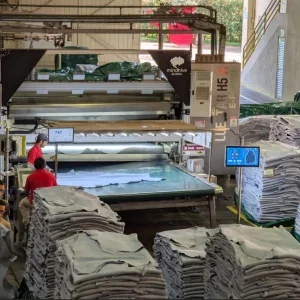This new law means leather can no longer be applied to identify materials that are not from animals. Those who fight this law or ignore it will face fines and sanctions.
Cotance president Andreas Kindermann is fully behind this decree, saying, “I wholeheartedly welcome this development that will put an end to the rogue usurpation of our sector’s terminology by materials hiding their actual composition behind the good name and reputation of leather. I only regret that the European Union does not grant to leather this protection across all member states, while it does it for the textile sector and milk products.”
Unlike the textile industry, EU consumers face a number of deceptive commercial practices when it comes to goods sold as leather; Cotance estimate the resulting loss in revenue at 20% of yearly turnover (€1.7bn).
Although authenticity rules are in place in Austria, Belgium, France, Italy, Lithuania and Spain; and on industry standards in Germany (RAL) and within CEN and ISO; as well as in other markets such as the US and Brazil; Gustavo Gonzalez-Quijano, secretary-general of Cotance commented, “The fragmentation of the world’s largest consumer market for leather and leather articles deprives citizen from an effective protection against deceptive practices.”
Portugal and Hungary are following Italy’s lead closely regarding legislative initiatives at an EU level.
“We would expect that the European Commission recognises the need to take action at EU level for saving on the multiplication of efforts at national level that can be witnessed today,” concluded Kindermann.






